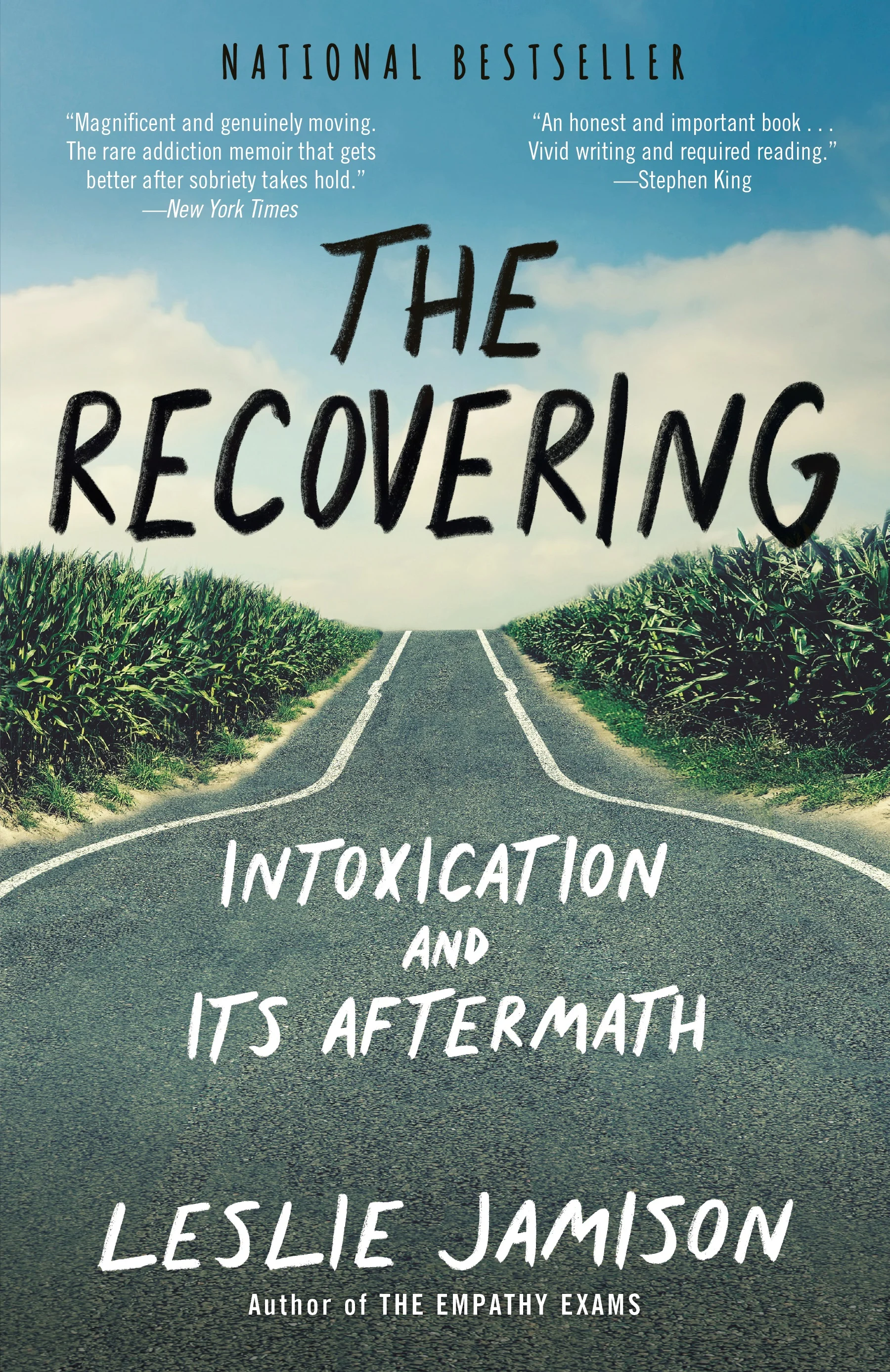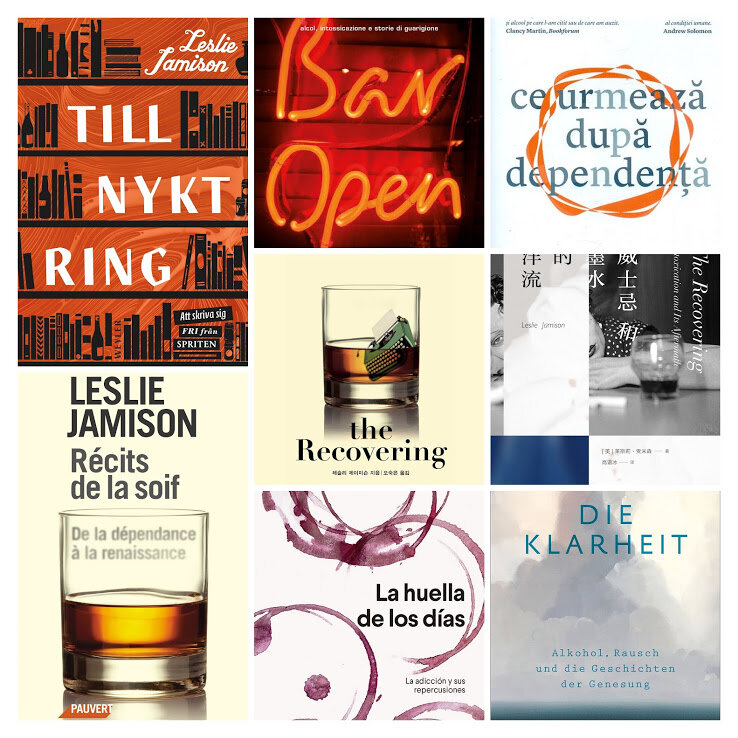The Recovering
Entertainment Weekly’s #1 Nonfiction Book of 2018!
Literary Hub’s #1 Best-Reviewed Memoir of 2018!
“An astounding triumph....A recovery memoir like no other....Jamison is a writer of prodigious ambition....Here, she’s a bare-it-all memoirist, an astute critic, and a diligent archivist all in one. The book knows no bounds, building in depth and vitality with each passing concern....There’s something profound at work here, a truth about how we grow into ourselves that rings achingly wise and burrows painfully deep.”—Entertainment Weekly
“Magnificent and genuinely moving. This is that rare addiction memoir that gets better after sobriety takes hold.” —New York Times
“Poignant....Taut and immediate.” —Village Voice
“A sprawling, compelling, fiercely ambitious book....Its publication represents the most significant new addition to the canon in more than a decade....Jamison’s writing throughout is spectacularly evocative and sensuous....She thinks with elegant precision, cutting through the whiskey-soaked myths....Jamison is interested in something else: the possibility that sobriety can form its own kind of legend, no less electric, and more generative in the end.”—The Atlantic
“Such is Jamison’s command of metaphor and assonance that she could rivet a reader with a treatise on toast. We perhaps have no writer better on the subject of psychic suffering and its consolations.”—The New Yorker
“Fascinating....energetic, colorful, fun, buzzy, affecting, and spot-on....Emotional, as well as factual, honesty is the sine qua non of a memoir. Yet this kind of deep honesty—the merciless self-examination and exposure that Jamison displays—is increasingly rare.”—New York Times Book Review
“A remarkable feat....Jamison is a bracingly smart writer; her sentences wind and snake, at turns breathless and tense....Instead of solving the mystery of why she drank, she does something worthier, digging underneath the big emptiness that lives inside every addict to find something profound.”—Time
“Riveting....Jamison orchestrates a multi-voiced, universal song of lack, shame, surrender, uncertain and unsentimental redemption....It is a pleasure and feels like a social duty to report that Jamison’s book shines sunlight on these creepy, crepuscular enchantments. Wisdom floods the scene, and genius never flees. Quite on its own terms, The Recovering is a beautifully told example of the considered and self-aware becoming art.” —Boston Globe
“Thoughtful, fiercely honest, and intimate, The Recovering is a must-read that is Jamison at her best.”—BuzzFeed
“Gritty....Raw....Thought-provoking and distinct....Fascinating in ways you might not expect....The Recovering ventures beyond the cliché and the ordinary to remind us once again of both the fallibility and resiliency of the human condition.”
—San Francisco Chronicle
“Precise and heartfelt....The Recovering is a magnificent achievement.”
—Minneapolis Star-Tribune
“Wonderful....wholly original....it shines.”
—USA Today
“As a reader of this most consuming book, I celebrate Jamison’s deep openheartedness, deliberate unselfishness, immaculate, inculcating vision, and her language—oh, her language....For her intelligence, her compassion, her capaciousness, her search, her deep reading, her precise language, Jamison must be honored here.”
—Chicago Tribune
With its deeply personal and seamless blend of memoir, cultural history, literary criticism, and reportage, The Recovering turns our understanding of the traditional addiction narrative on its head, demonstrating that the story of recovery can be every bit as electrifying as the train wreck itself. Leslie Jamison deftly excavates the stories we tell about addiction—both her own and others’—and examines what we want these stories to do and what happens when they fail us. All the while, she offers a fascinating look at the larger history of the recovery movement, and at the complicated bearing that race and class have on our understanding of who is criminal and who is ill.
At the heart of the book is Jamison’s ongoing conversation with literary and artistic geniuses whose lives and works were shaped by alcoholism and substance dependence, including John Berryman, Jean Rhys, Billie Holiday, and David Foster Wallace, as well as lesser-known figures such as George Cain, lost to obscurity but newly illuminated here. Through its unvarnished relation of Jamison’s own ordeals, The Recovering also becomes about a different kind of dependency: the way our desires can make us all, as she puts it, “broken spigots of need.” It’s about the particular loneliness of the human experience—the craving for love that both devours us and shapes who we are.
For her striking language and piercing observations, Jamison has been compared to such iconic writers as Joan Didion and Susan Sontag. Yet her utterly singular voice also offers something new. With enormous empathy and wisdom, Jamison has given us nothing less than the story of addiction and recovery in America writ large, a definitive and revelatory account that will resonate for years to come.







